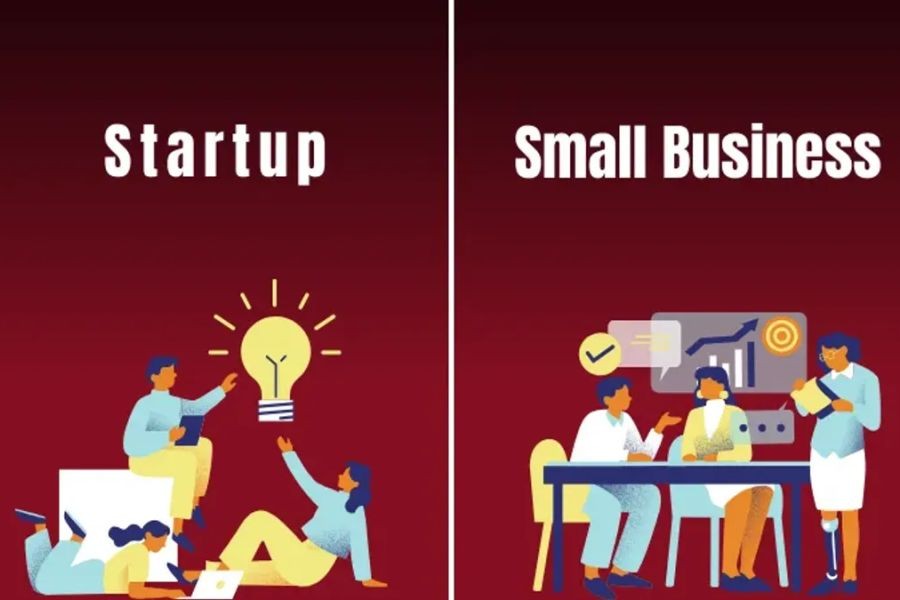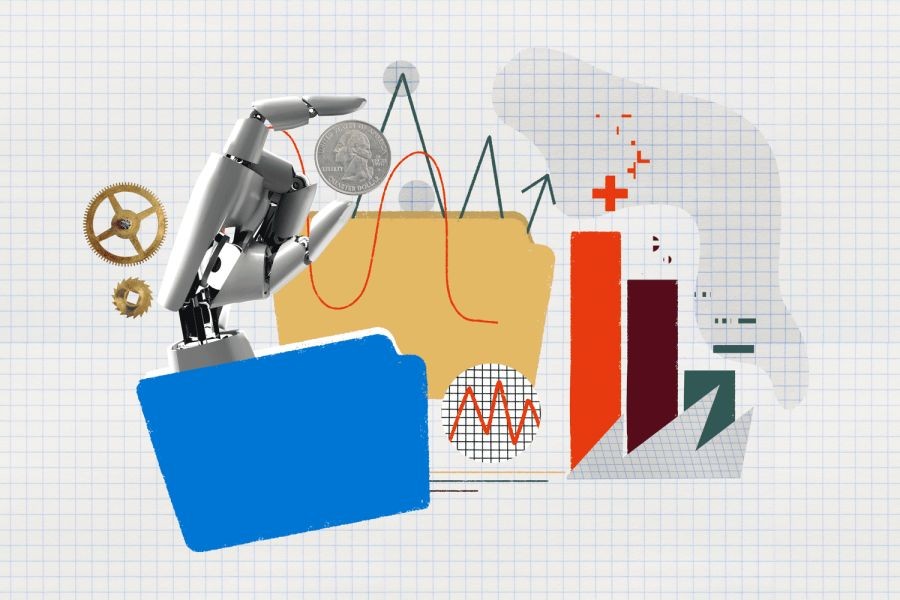In the evolving landscape of artificial intelligence (AI), the question of whether AI will lead to more unemployment or spark a new wave of entrepreneurship in Australia is more pertinent than ever. As AI technology advances, it not only reshapes industries but also redefines the job market. The Australian economy, characterized by its robust service and mining sectors, faces both challenges and opportunities. This article delves into the potential impacts of AI on employment and entrepreneurship in Australia, supported by data, expert insights, and real-world examples.
AI and the Australian Employment Landscape
AI has the potential to automate tasks across various industries, which raises concerns about job displacement. According to the Australian Bureau of Statistics (ABS), automation could impact up to 40% of current jobs, particularly in industries such as manufacturing, transportation, and retail. However, it's essential to recognize that while some jobs may be at risk, AI also creates opportunities for new roles, especially those requiring skills in AI development, data analysis, and cybersecurity.
Moreover, the Reserve Bank of Australia (RBA) suggests that while AI may initially cause job displacement, it could ultimately lead to increased productivity and economic growth, creating new job opportunities in the process. This is consistent with global trends, where AI-driven innovations often lead to the creation of new industries and job categories.
AI as a Catalyst for Entrepreneurship
AI is not just a threat to jobs; it can also be a powerful enabler of entrepreneurship. In Australia, AI technology is increasingly accessible to startups and small businesses, providing tools to automate processes, analyze data, and enhance customer experiences. The rise of AI-driven platforms has lowered the barriers to entry for entrepreneurs, allowing them to compete with larger corporations.
For instance, AI-powered tools such as chatbots and personalized marketing platforms enable small businesses to offer services that were once the domain of large companies. This democratization of technology allows entrepreneurs to innovate and create new business models, potentially leading to job creation and economic diversification.
Case Study: AI-Driven Entrepreneurship in Australia
Case Study: Fluent Commerce – Revolutionizing Retail with AI
Problem: Fluent Commerce, a Sydney-based retail technology company, faced the challenge of helping retailers manage omnichannel order management efficiently. With increasing consumer demand for seamless shopping experiences, retailers struggled with inventory management and order fulfillment.
Action: Fluent Commerce developed an AI-driven order management platform that optimizes inventory across multiple locations. By leveraging machine learning, the platform predicts demand, allocates inventory, and fulfills orders more efficiently.
Result: Within a year, retailers using Fluent Commerce's platform reported:
- Inventory accuracy improved by 30%
- Fulfillment efficiency increased by 25%
- Customer satisfaction scores rose by 15%
Takeaway: This case study highlights how AI-driven solutions can empower Australian businesses to innovate and compete in the global market. Entrepreneurs can leverage AI to address industry-specific challenges, driving growth and creating new opportunities.
Balancing AI's Impact: Unemployment vs. Entrepreneurship
While AI presents opportunities for entrepreneurship, it also poses challenges. The Australian Competition & Consumer Commission (ACCC) has raised concerns about data privacy and the ethical use of AI, which could impact consumer trust and business operations. Additionally, there are regulatory considerations, such as ensuring AI technologies comply with Australian laws and standards.
Pros and Cons of AI in the Workforce
As AI becomes more prevalent, it's essential to weigh its potential benefits against the challenges it brings.
Pros:
- Increased Productivity: AI can automate repetitive tasks, allowing employees to focus on higher-value activities.
- Innovation: AI fosters entrepreneurial innovation by providing tools to solve complex problems.
- Job Creation: New roles in AI development, data science, and cybersecurity emerge as AI technology advances.
Cons:
- Job Displacement: Automation may lead to job losses in industries reliant on routine tasks.
- Ethical Concerns: Issues related to data privacy and AI bias need careful consideration.
- Regulatory Challenges: Ensuring compliance with Australian laws and standards can be complex.
Future Trends and Predictions
Looking ahead, AI is poised to reshape Australia's economic landscape. According to a Deloitte report, by 2028, AI could contribute up to $315 billion to the Australian economy. This growth will likely be driven by increased productivity, innovation, and the creation of new industries.
As AI technology continues to evolve, businesses and policymakers must collaborate to ensure a smooth transition. Investment in education and reskilling programs will be crucial to equip the workforce with the skills needed for AI-driven roles. Additionally, fostering a supportive regulatory environment will enable entrepreneurs to leverage AI ethically and responsibly.
Conclusion
In conclusion, the impact of AI on employment and entrepreneurship in Australia is multifaceted. While AI may initially lead to job displacement, it also presents opportunities for innovation and economic growth. By embracing AI responsibly and addressing the challenges it brings, Australia can position itself as a leader in the global AI landscape.
As an investment banker, you have a unique perspective on these trends. What strategies will you adopt to navigate the evolving AI landscape? Share your insights and join the conversation below!
People Also Ask
- How does AI impact businesses in Australia? AU businesses leveraging AI report 25%+ higher productivity, according to Deloitte. Adopting AI strategies can enhance efficiency and revenue.
- What are the biggest misconceptions about AI in Australia? One common myth is that AI leads only to job losses. However, research from the RBA shows AI creates new job opportunities in emerging industries.
- What are the best strategies for implementing AI in Australia? Experts recommend starting with workforce reskilling, followed by integrating AI tools for automation and ensuring ethical data practices for long-term success.
Related Search Queries
- AI impact on Australian job market
- AI entrepreneurship opportunities in Australia
- AI-driven innovation in Australia
- AI regulatory challenges in Australia
- AI and data privacy in Australia
- Future of AI in Australian industries
- AI in retail and e-commerce in Australia
- AI startups in Australia
- AI and automation in Australian businesses
- AI and economic growth in Australia































BSB Legal Consultants
1 month ago